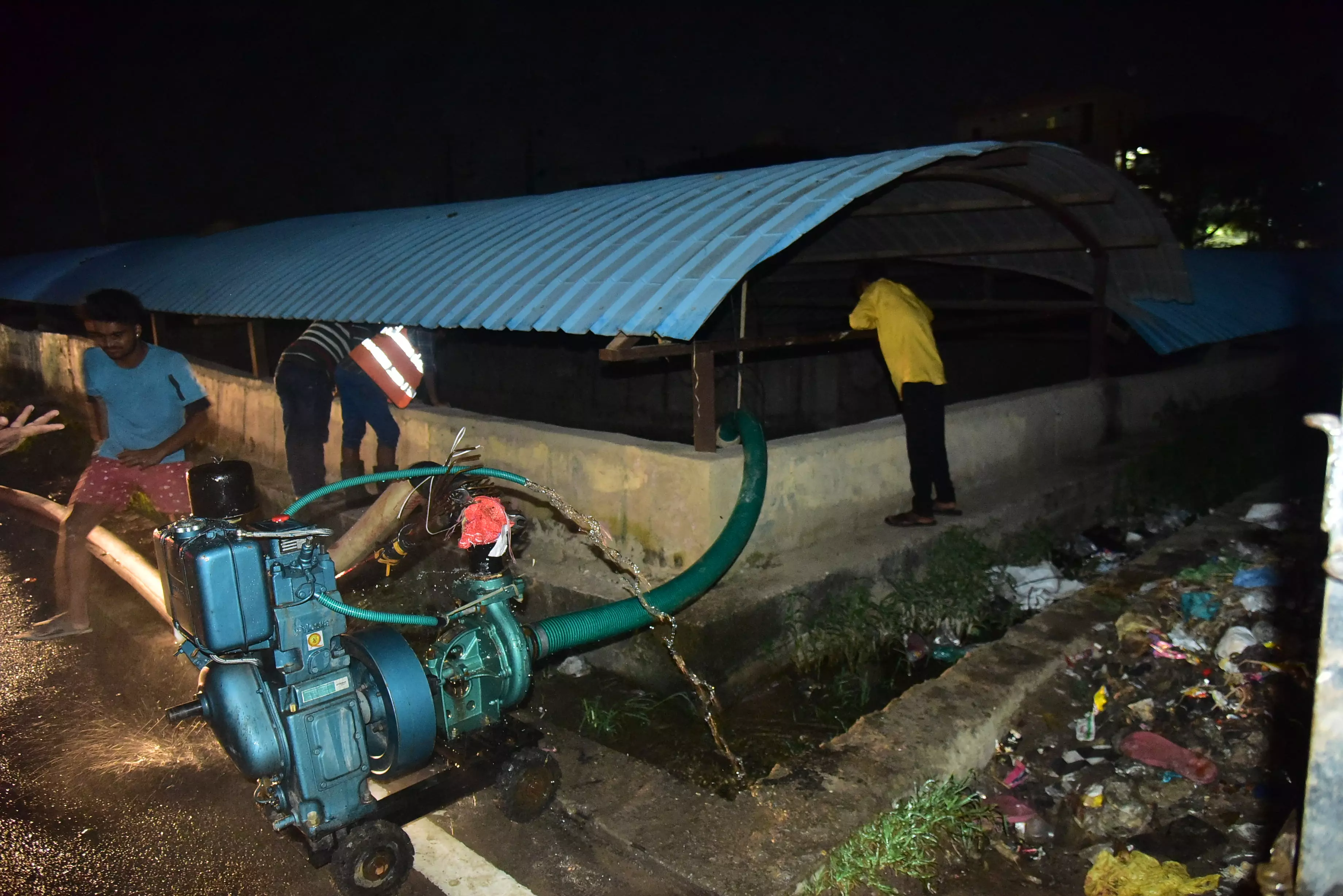Hyderabad: In many residential projects across Hyderabad, builders continue to retain control over housing societies long after residents have moved in. The delay in the builder transferring powers to the Residents Welfare Association (RWA) is emerging as a major concern.
As per the Real Estate (Regulation and Development) Act (RERA), 2016, the builder is responsible for providing and maintaining essential services such as water supply, power backup, sanitation and lifts until the RWA takes over. According to the RERA Rules this process should be initiated within three months from the date the majority of allottees have booked their flats.
In most projects, the builder does take the initial steps to form the RWA. However, the actual handover of responsibilities is often delayed and in some cases the association is only formed on paper without any transfer of powers or assets.
“In most cases, the developer takes the initiative to form the RWA and hand over control,” said Nandi Rami Reddy, founder and CEO of Realtor Oxygen, a real estate expert.
“But there are instances where the process is intentionally delayed so the builder can continue controlling the amenities and use common areas for commercial purposes. This is usually done by upcoming and small builders who want to hold on to revenue-generating facilities for as long as possible,” he added.
This delay impacts residents in several ways.
Without a fully functional RWA, homeowners cannot take independent decisions on maintenance, budgeting or common area upgrades. In several gated communities, developers continue to manage common facilities, collect maintenance fees and operate commercial elements like clubhouses and retail spaces.
Some RWAs also approached RERA on this. In a case, RERA recently directed a builder and its partners to register an association of allottees within 45 days, following a complaint by the villa owner. He alleged that the builder collected `3.41 lakh towards corpus and maintenance in 2022 without forming the promised society.
Despite multiple assurances and meetings, the RWA was never registered and the builder continued to demand further payments. After reviewing the complaint, RERA directed the builder to comply with provisions of the Act and take necessary steps to register the RWA.




:quality(70):focal(1610x604:1620x614)/cloudfront-us-east-1.images.arcpublishing.com/shawmedia/M2BUPJ6NL5AQ3KWWYISISW3N64.jpg)

